Photographers usually try third party lenses on their cameras because they are slightly cheaper and come with great glasses. Most photographers will have experience using them, with great results.
Let me now ask a slightly different question.
Have you ever put a third party battery in your camera? I am going to hazard a guess that the number of virtually raised hands is significantly less. There are reasons for this. Firstly there is a good chance that significant numbers of photographers may not know that third party camera batteries are available. Secondly, modern batteries have gained a bit of a bad reputation.
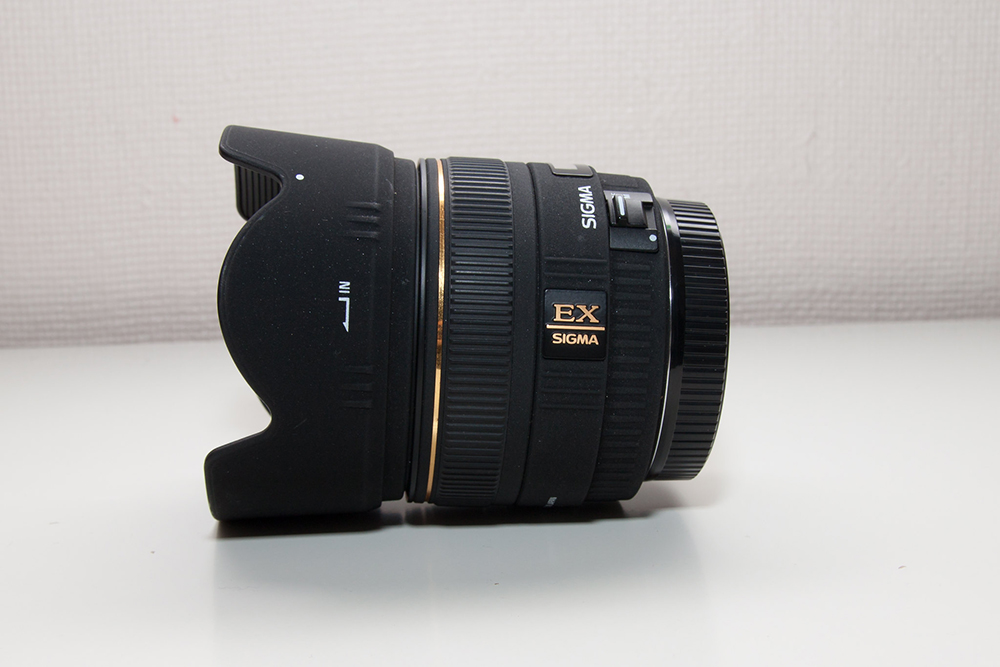
Why Don't We Use Third Party Batteries?
We hear countless stories of exploding smartphones and hover boards spontaneously combusting. Even Boeing had problems with batteries. Why would we trust an unknown company to power our beloved camera. The answer is you wouldn’t. However there are some very good companies producing batteries for cameras. Because you may not know their names does not mean they are disreputable. Like anything in life there are pros and cons to purchasing third party so let’s take a look at them.
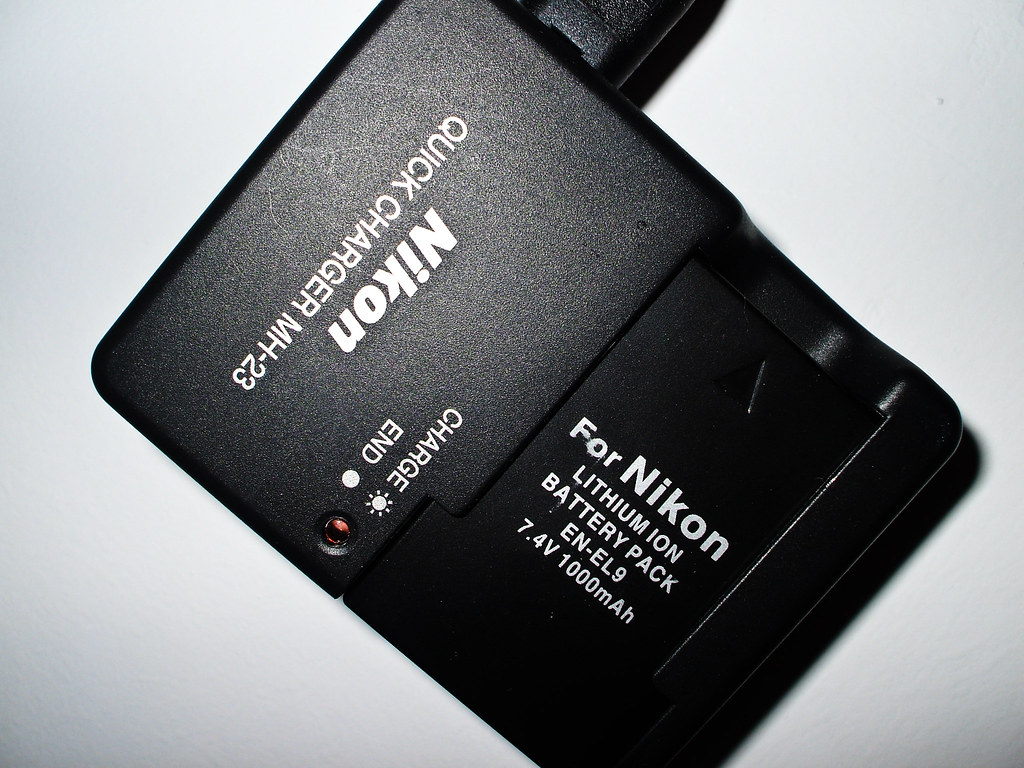
The Advantages of Using Third Party Camera Batteries
The most obvious advantage is price. If you shoot a lot of frames per day or perhaps hours of video footage, you will need extra batteries. OEM companies charge a premium for batteries because they can. Third party batteries can provide the same power, often for a third of the cost. This means you can get purchase as many batteries as you need for a day’s shoot and make significant savings.
As well as price, there are a number of reputable companies producing batteries. Companies like Hahnel have been producing photographic equipment for years, they would not risk their reputation on poor quality batteries. A little research online will reveal the major players in the third party battery industry. Much like buying memory cards, choose a reputable dealer too.
In some case you can buy higher rated batteries that have the potential to increase the number of frames that you can take. Many of these third party batteries also include microchips to monitor power levels, much the same as their OEM counterparts
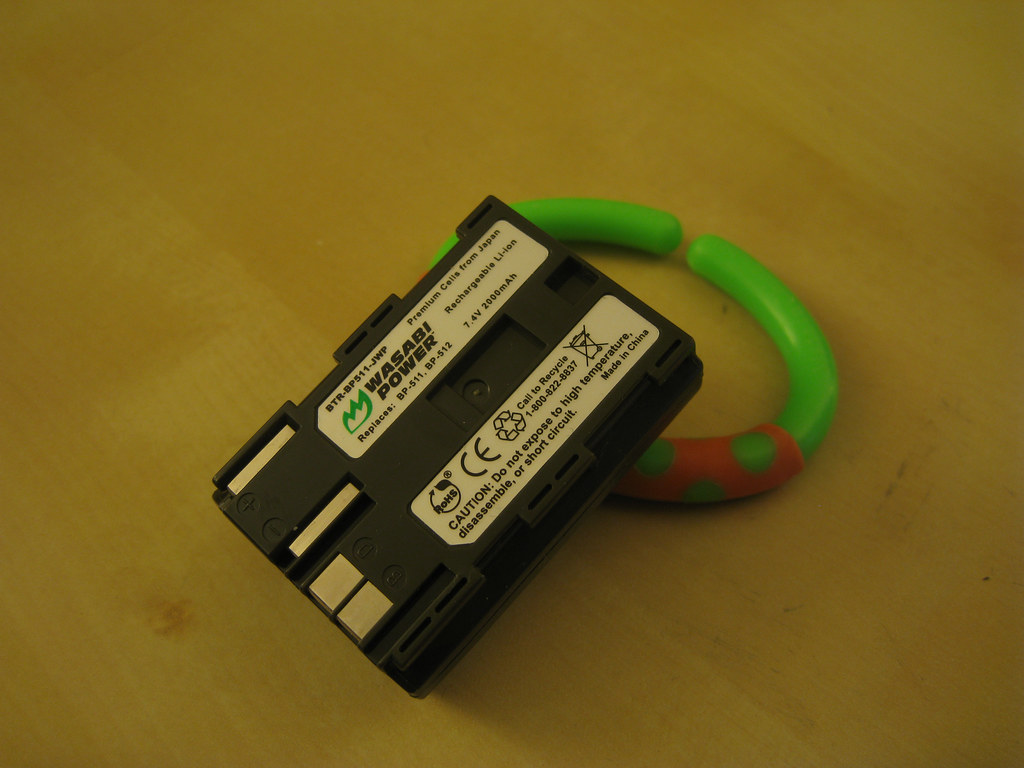
The Disadvantages of Using Third Party Camera Batteries
Despite there being a number of reputable companies, there are significantly more fly by night merchants. These will sell batteries with poor manufacturing standards that may swell after sustained use. This can be a major issue if it is in the camera at the time.
Another issue is that camera companies often “fix” battery problems with firmware upgrades. This is sometimes an excuse to lock out third party batteries completely rendering them useless. Batteries that worked fine before the upgrade are not recognised at all after.
One often reported issue is long term battery life. The third party battery may be giving you a similar number of frames as your OEM at the beginning its life may deteriorate much quicker than an original.
Lastly the use of a third party camera battery may invalidate your warranty in certain circumstances.
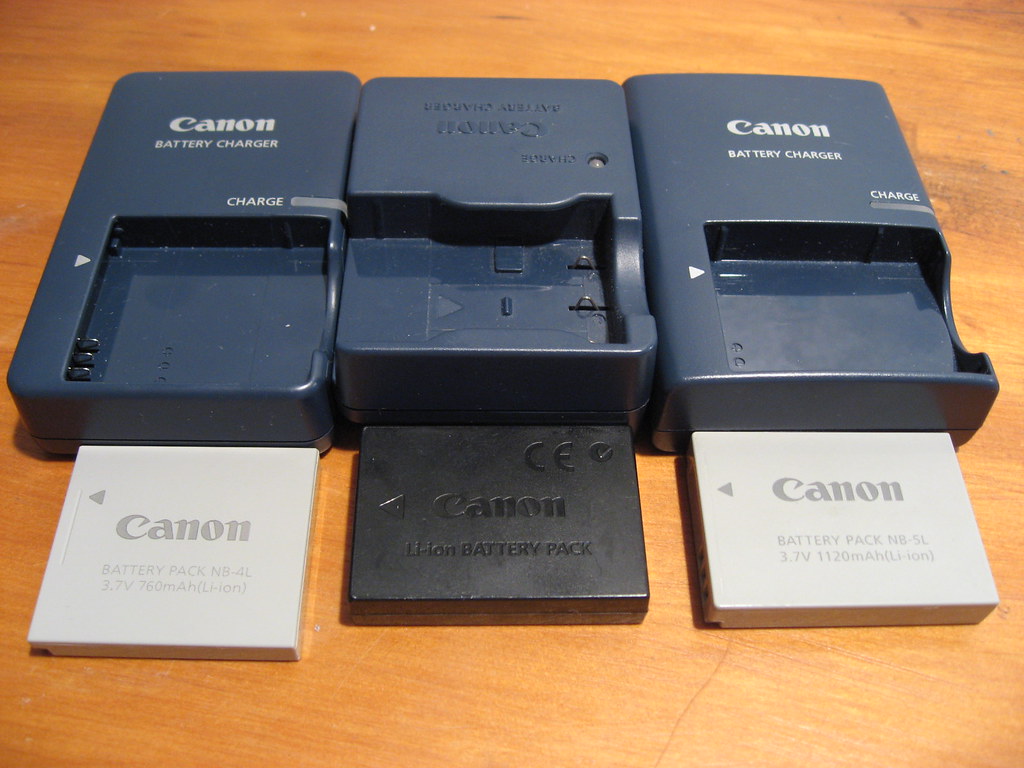
Reading through there are as many pros as cons to buying a third party camera battery. That’s not the full story though. If you are considering going for a non OEM battery you need to spend time doing your research.
The Most Reputable Brands
Look at the photographic forums and get an idea of the most reputable manufacturers. Look at the cost savings, is it really worth saving the money on batteries that you put in a multi thousand dollar camera? Does your camera manufacturer have a reputation for locking out third party companies?
From a personal point of view I have been using third party batteries for years. Not only in stills camera but in professional camcorders too. I have never had an issue where a battery has swollen or damaged my camera. Nor has any camera update locked out a battery. I have encountered a quicker decay of battery life in some but not all.
Whether or not to go third party is a personal decision that should be based on research. If your camera is still under guarantee you might avoid going third party at least until that runs out. Yes there are horror stories on the internet, but assuming the stories are true, for every one who has had a problem there will be scores more who didn’t. For some third party batteries will always be a no no. For others they will be a way of getting a full days shooting without paying a kings ransom.
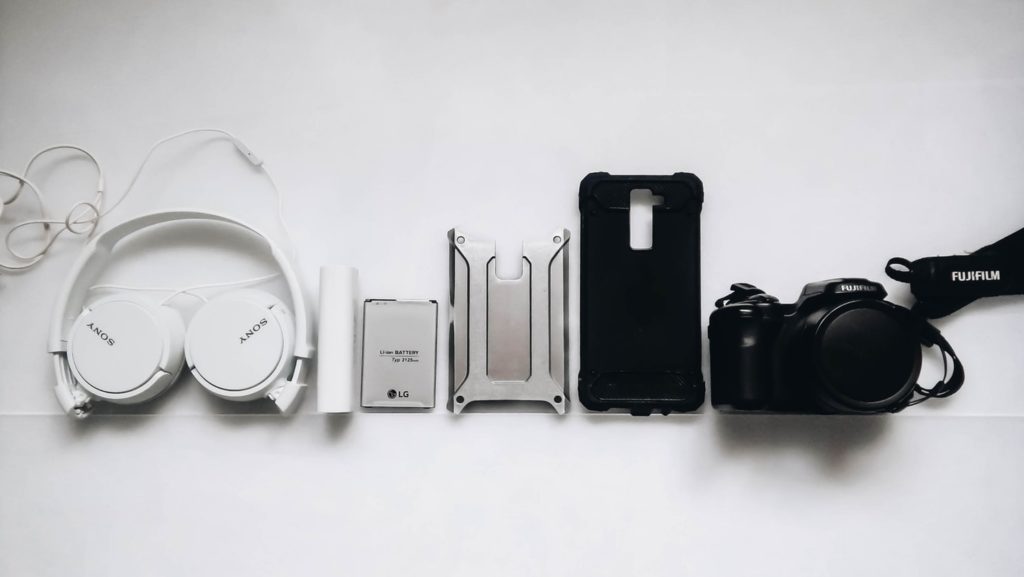
In case you decided that third party camera batteries might be a good idea, we're going to cover the best options for various cameras.
Third Party Batteries For Canon 5D
If you have one of the following cameras, make sure to get WasabiPower batteries:
- Canon EOS 5D Mark II, Mark III, Mark IV, 5DS and 5DR
- Canon EOS 6D
- Canon EOS 7D and Canon EOS 7D Mark II
- Canon EOS 60D
- Canon EOS 70D
- Canon EOS 80D
These batteries cost around $30, which makes them considerably cheaper than Canon batteries. They have quite good build quality and dual charger allows both batteries to be charged at once.
However, some users have issues with longevity of these batteries.
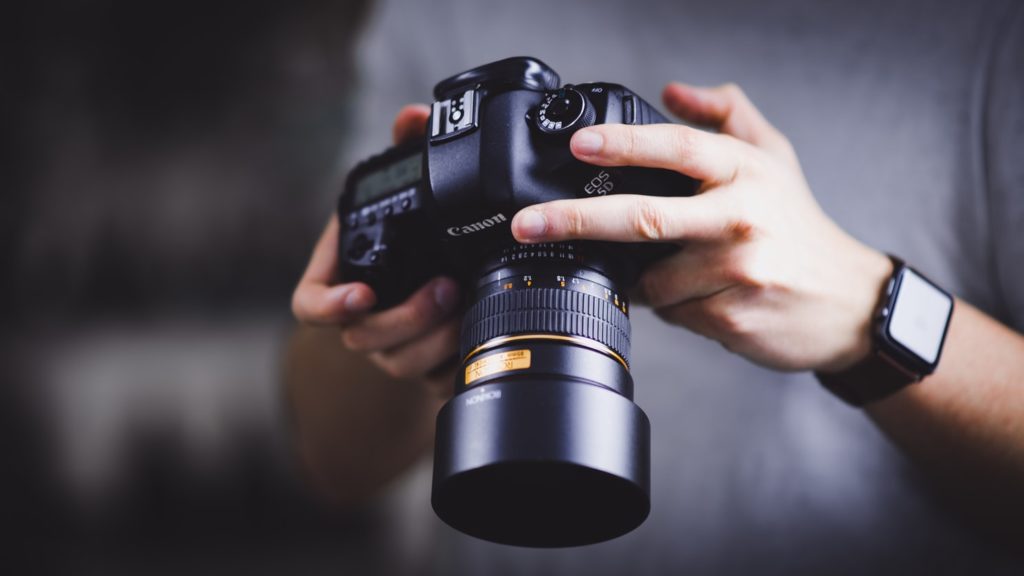
Third Party Batteries For Canon EOS Rebel
For the following camera models you should purchase BM Premium batteries:
- EOS Rebel T1, T3, T5, T6
- Kiss X50, X70
- EOS 1100D, EOS 1200D, EOS 1300D
These batteries cost just $15, which makes them extremely afforadable. Also, they are fully charged in under an hour and a half.
Even though some user complains about their longevity, BM Premium batteries still offer a great bargain.
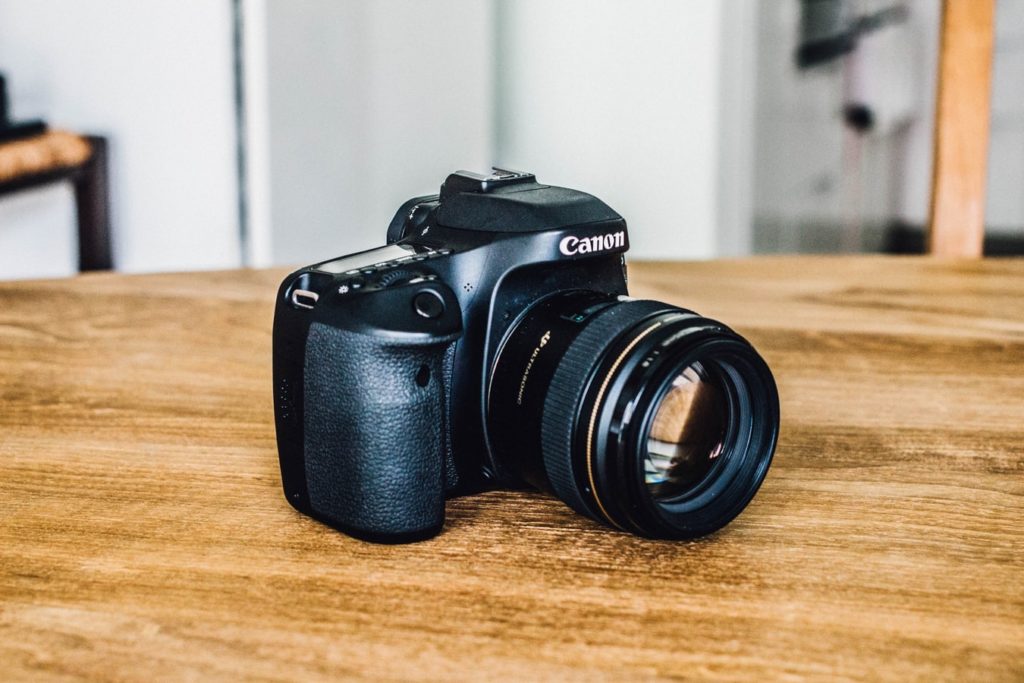
Third Party Batteries For Sony a7
If you own one of these Sony cameras, you should get a NP-FW50 battery model made by WasabiPower:
- a7, a7 II, a7R, a7RII, a7S, a7S II
- a5000, a5100, a6000, a6300, a6500
These batteries cost $27 and come with a standard three-year warranty. They are also compatible with original Sony charger.
What’s not so good about them is that their build quality is on the cheap side and they don’t hold charge if they are left unused.
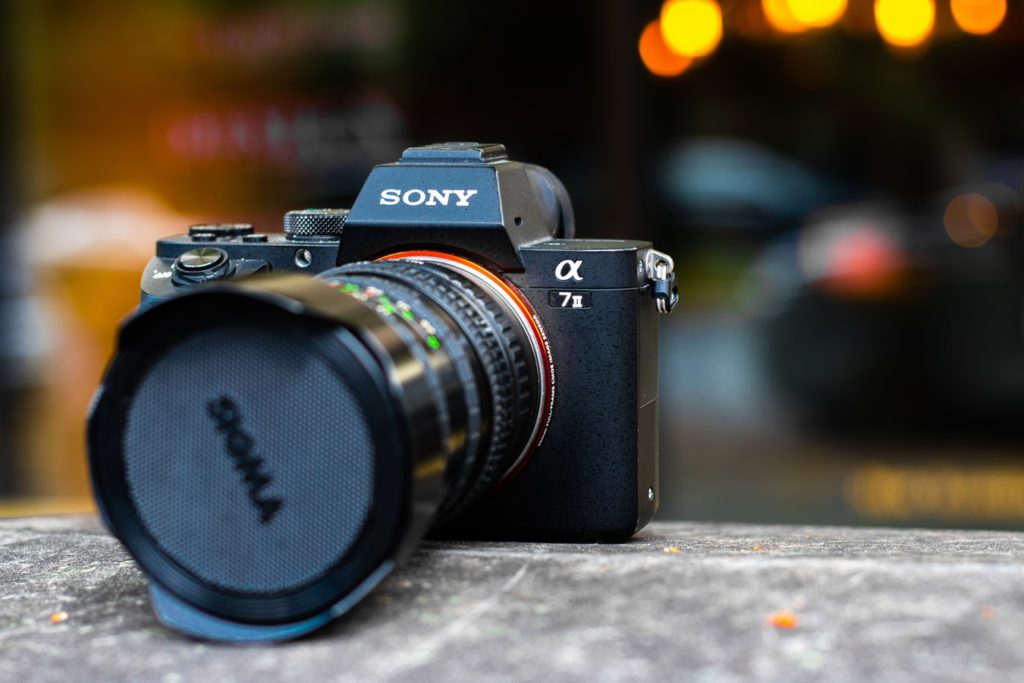
Third Party Batteries For Nikon D5500
Purchase EcoEfficiency batteries if you own one of these cameras:
- Nikon D3100, D3200, D3300, D3400
- D5100, D5200, D5300, D5500
- Coolpix P7000, P7100, P7700, P7800
EcoEffiency batteries perform very well during video shoots and many users claim that they are comparable to original Nikon batteries. They also include international power adapters and they are quite affordable – the price is just $25.
The only drawback is that some Nikon cameras reject these batteries.
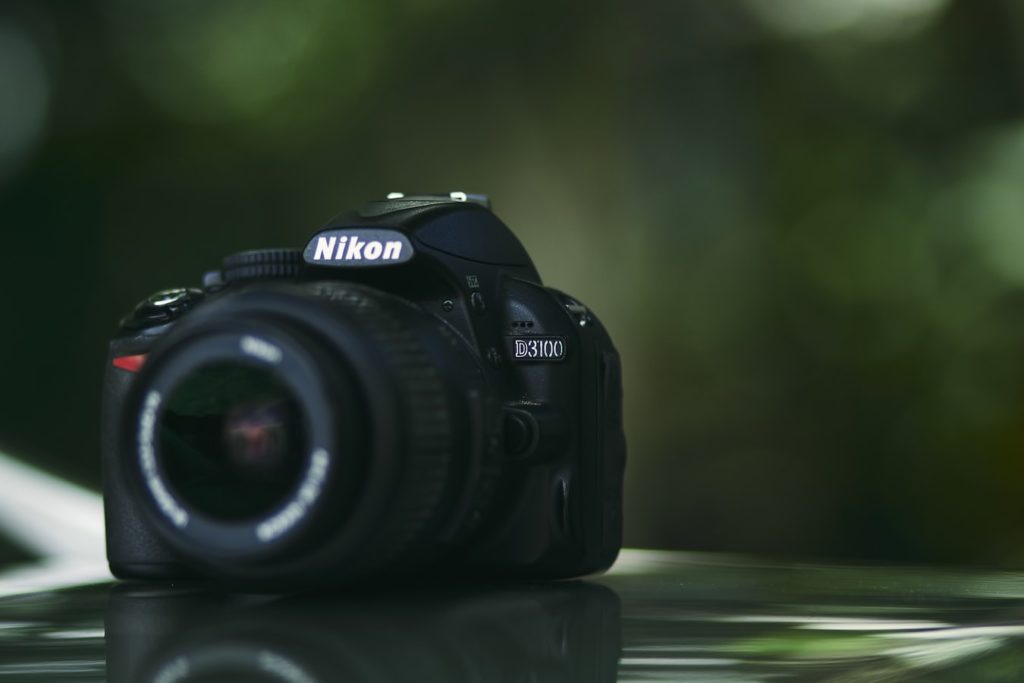
Third Party Batteries For Nikon D800
You should get RavPower batteries if you have one of these Nikon cameras:
- D7100, D750, D7000, D7200
- D810, D800, D600, D800e, D810a
- D600, D610
RavPower batteries aren’t cheap – they cost $40. They come with a USB charger and what’s really great about them is that both batteries can be charged at once. Many users praise them for their great battery life.
However, they seem to have compatibility issues with certain cameras.

To learn more about third party camera batteries, check out the links below.


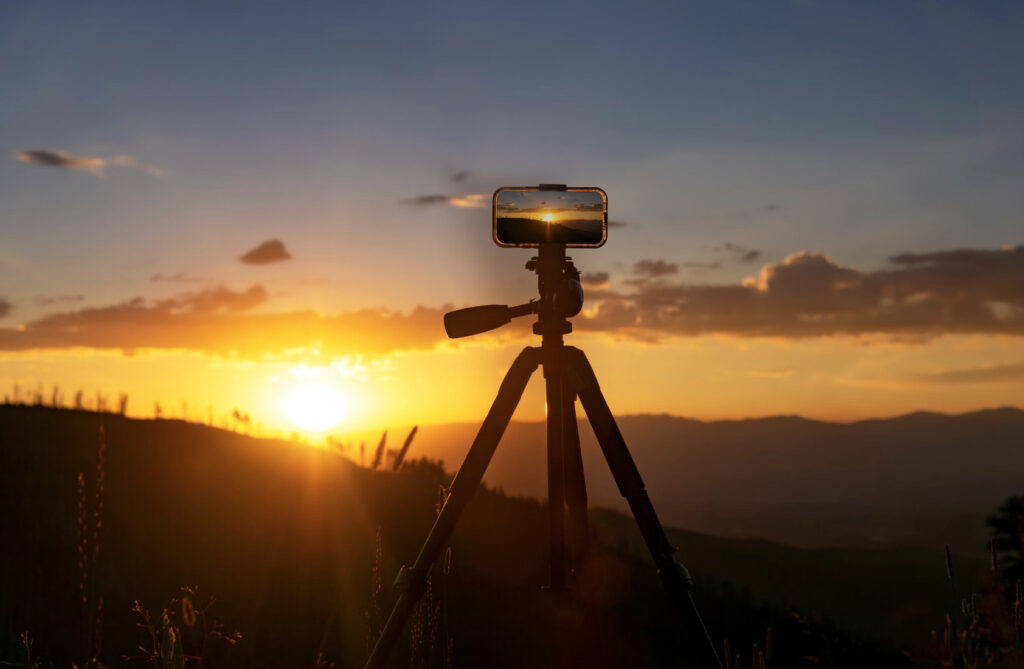


7 Comments
Jason, I believe that some countries have legislation in place making it illegal for a manufacturer to block such batteries in the manner outlined in your article. They perhaps could duck liability under their warranties – if (but only if) the claim resulted from the use of such batteries. But certainly not ZAP the batteries – especially by a surreptitious attack through a firmware update.
Apart from that – you rightly draw attention to devices exploding and as a result of discussions with a highly qualified electrical engineer here, I am deeply suspicious of the circumstances causing such explosions. Perhaps in our case we need to be VERY aware that there are risks in using non-standard batteries – risks that couldn’t arise by using another brand’s lenses, but perhaps could, with batteries. You mention the issue of micro-chips controlling function – maybe the battery is ‘fine’ but just not suitable for the particular camera.
Bearing in mind exploding batteries effectively turn the camera into a hand grenade – and bearing in mind we have them close to our face, while shooting – I think this is a “special case” where it might be prudent to pay the camera manufacturer’s premium price. The damage bill could run into huge figures if the camera blew up in your face!
Another problem is that even if you buy the camera manufacturer’s battery you may end up with a counterfeit. Then you get the worst of both worlds – a high price and possibly poor reliability. This tends to sway me in the direction of third party batteries from a reputable manufacturer. It is less likely that anyone would bother to counterfeit third party batteries.
I bought a third party eos-M battery and it works great so far but there is no battery icon/ remaining charge indicator that shows me how much I have left as compared to the OEM one.
This is sensible advice even for me who is not easily swayed into buying cheap batteries. But sometimes you just hover on the edge……. and its good to have someone pull you back from making a quick very stupid decision!
B&H sells 14 battery and battery/charger combos for the Canon 5D (LP-E6). The Canon battery costs $61, other single batteries cost as low as $17, for a potential savings of $44 . Risking a $2,800 Canon 5D Mark iv to save $44 just makes no sense – you’d have to buy 64 batteries to break even on a single mishap. I travel with four spares – all Canon.
When I bought batteries previously they were made by Energizer and Duracell, which are trustworthy names.
The ones for my EOS 800D are by unknown makes and Amazon reviews can be very ify.
Canon are rip off merchants when it comes to accessory prices but the risks involved with batteries and chargers are too high!
Following your advice, I went to check out the “BM Premium” you suggest for the Canon T6i. On Amazon I can read that this particular battery (LP-E17) is advertised as “Fully Decoded” (with a few exceptions), but some reviewers show that this product comes with a notice that says, “Please note: Since the battery is not -decoded, the camera will not display the remaining battery life.” So… can we trust this brand? To date, and after a long search, I can’t find any brand that sells reliable third-party batteries from Canon in the US (none are decoded or completely decoded) -however, there are in Europe-. Therefore, my advice: if you are looking for confidence, better buy original Canon.